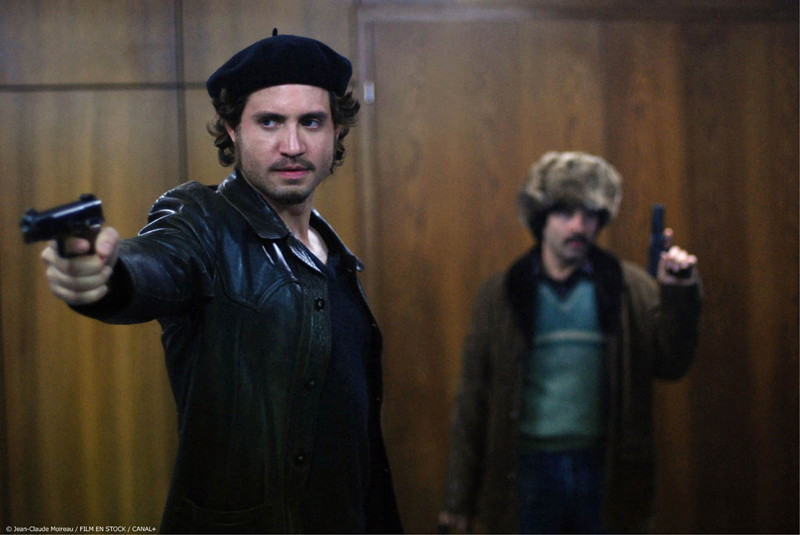Sex, drugs and terrorism
Film chronicles the life and ideology of infamous terrorist, Carlos the Jackal
Carlos is a film about sex, drugs and terrorism, and that just might be the worst part.
The real allure of this film is the fictionalized insight into the political ideology of the famous terrorist Carlos the Jackal and his comrades. Also interesting, if not a little typical, is Carlos’s transformation from a young rock ‘n’ roll-styled symbol of revolution to a vicious overlord who executed some of his closest allies.
The two-and-a-half-hour theatrical release of this TV miniseries feels much like a drug baron film the likes of Blow or Scarface.
The story arc is also reminiscent of these films, beginning with an eager and vicious young man who later becomes the despotic kingpin who rules over his compatriots with an iron fist.
The film highlights Ilich Ramirez Sanchez a.k.a. Carlos the Jackal, whose most infamous terrorist attacks include the murder of the head of British retail giant Marks and Spencer, and a grenade attack of a Jewish-run bank.
These early London attacks associate Carlos the Jackal with the Islamic fundamentalist terrorists and set off the political debate within Carlos that is so fascinating.
Throughout the film we see many characters struggling with an inner battle – wanting to fight the capitalist machine, but being appalled by the anti-Semitic terrorist attacks carried out by their allies.
Carlos, to be true, doesn’t have much of a problem killing anyone, but it’s his allies, often East Germans, that express regret and disgust at attacks that mimic the anti-Semitic nature of the Nazi holocaust.
This is an interesting point of the film, and really shows the fractured nature of the political ideals of these terrorist groups.
The most infamous of Carlos’s attacks came in 1975 when he led an attack on an Opec Oil meeting between diplomats from various countries, including Iran’s oil minister who was their supposed assassination target.
While the plan inevitably goes awry because of Carlos’s gun-sure attitude, he trades his convictions for a bag of money and fails in the eyes of his allies.
This really is the beginning of the end of the revolutionary poster-boy Carlos the Jackal, as we watch him slowly lose grip and support in the Middle East after the collapse of the Berlin wall.
Carlos quickly becomes a paranoid narcissist, but never strays from his violent cause.
Injected into the script are legions of beautiful women, drugs and parties all typical of your drug baron film.
And despite being originally five hours long and made for television, Carlos has been adapted exceptionally for the theatre screen. The look of the film is cinematic, like much of its language.
Published in Volume 65, Number 21 of The Uniter (March 3, 2011)








